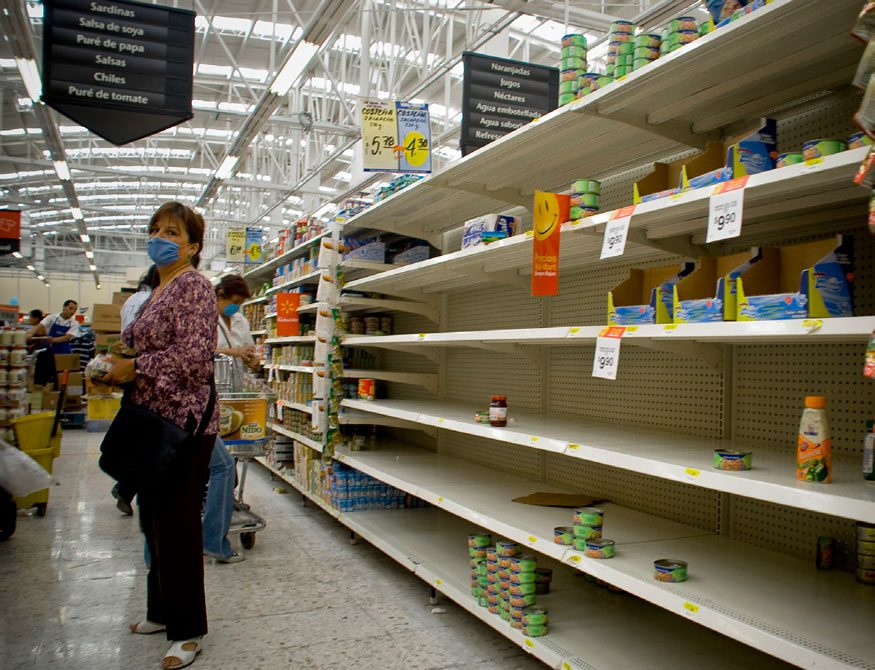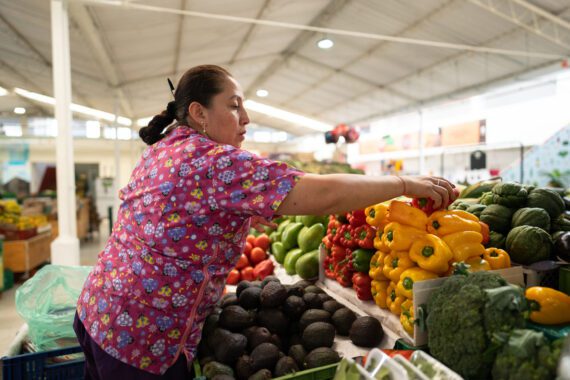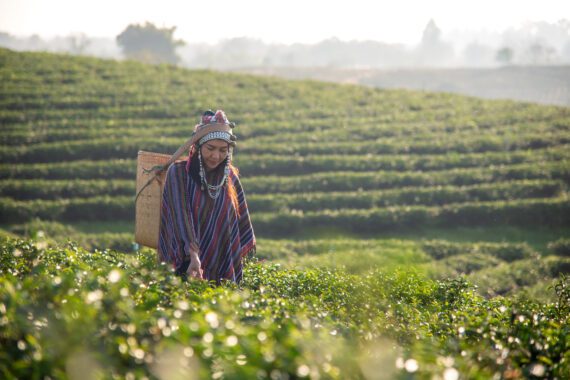SNAP is designed to respond to changes in need, making it well suited to respond to crises such as the COVID-19 pandemic.
The Supplemental Nutrition Assistance Program (SNAP) is the first line of defense against hunger for people in the United States.
SNAP benefits help low-income people put food on the table. Participants include seniors, children, people living with disabilities, and low-wage workers and their families. Nearly half of the people who receive SNAP are children.
A very important feature of SNAP is that it is designed to respond to changes in need, making it very well suited to respond to crises such as the COVID-19 pandemic. The federal government can also augment SNAP as needed with programs such as Disaster SNAP (D-SNAP) and Pandemic SNAP (P-SNAP). D-SNAP is historically allocated in response to natural disasters, while P-SNAP would help with the devastating long-term consequences of COVID-19.
The Family First Coronavirus Relief Act includes “response waivers,” exceptions to SNAP rules during the pandemic and post-pandemic period. For example, the legislation allows:
- SNAP flexibility for low-income jobless workers: It suspends work and work training requirements for SNAP during this crisis.
- SNAP flexibilities in a public health emergency: It allows states to request special waivers from the Secretary of Agriculture to provide temporary, emergency Coronavirus SNAP (CR-SNAP) benefits to existing SNAP households up to the maximum monthly allotment, and it gives the Secretary broad discretion to provide much more flexibility for states in managing SNAP caseloads.
Over and above these necessary steps, Bread for the World calls for the following to support the most vulnerable people.
- Increase the maximum monthly SNAP benefit by 15 percent
- Temporarily increase the minimum SNAP benefit from $16 to $30 to encourage higher rates of senior participation
- Give states temporary flexibility to suspend SNAP administrative rules that weaken their response to the crisis
The COVID-19 economic recovery package must build on the Family First Coronavirus Relief Act and include the 15 percent boost in benefits to ensure families have access to adequate resources during the pandemic.
Nearly half of the people who receive SNAP are children



